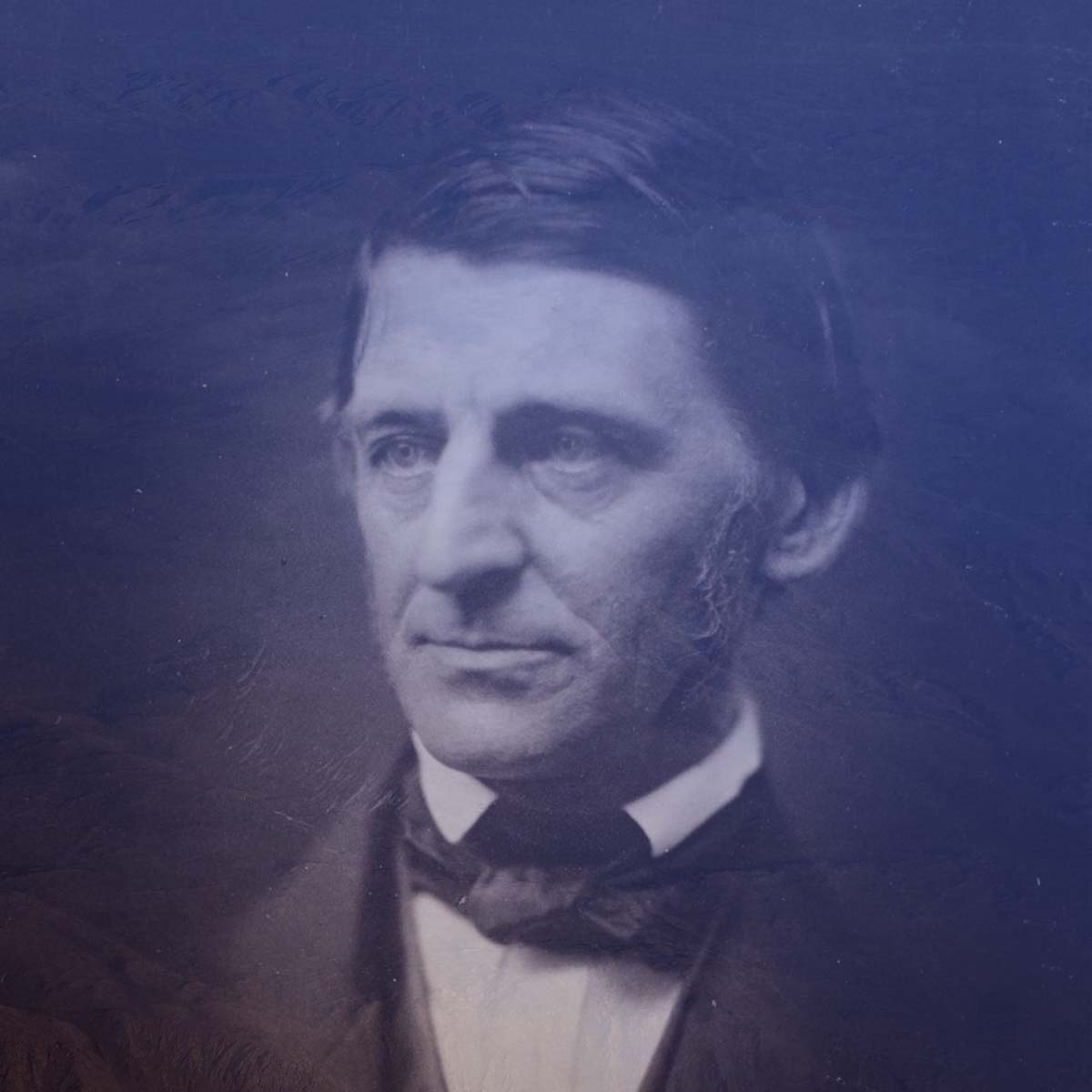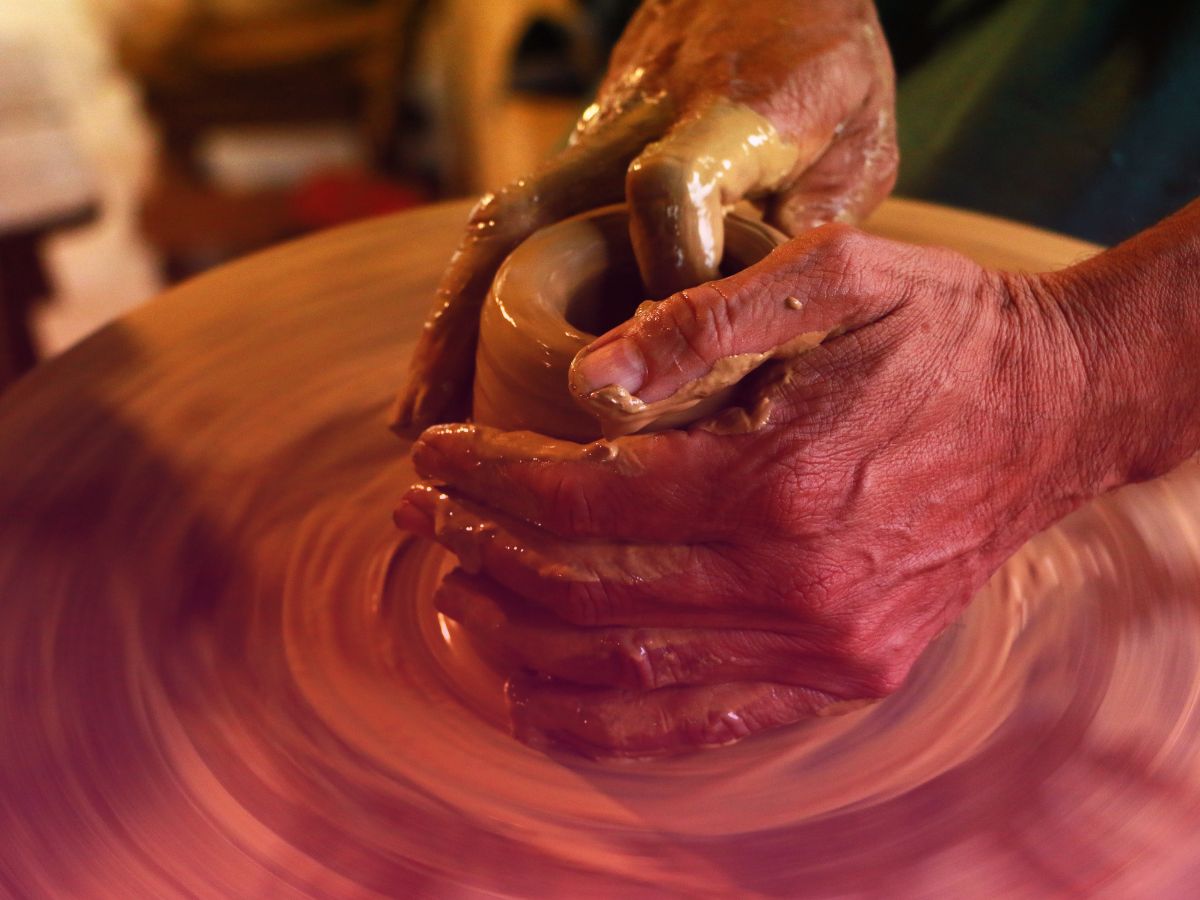
To be yourself in a world that is constantly trying to make you something else is the greatest accomplishment. – Ralph Waldo Emerson
The ‘greatest accomplishment’ of Emerson is often unrecognized and frequently despised; to stay rooted in the authentic Self, despite the societal and relational pulls to ‘be’ something more convenient for others, is a silent victory for the inner hero.
There is always a dramatic play waiting to cast you in the latest ‘role’ that has already been written for you. There is always a constant riptide bringing you further away from your Center in the mundane machinations of modern life that we all must endure.
Because the wholeness of an individual Self includes the entirety of the being – including our components dubbed ‘unacceptable’ and ‘unlovable’ to society, the idea of being an authentic full human is often deemed to be too daunting of a task. “What if the world rejects me in my fullness?” Surely, this would mean that, at my fullest, I am unacceptable.
A potentially painful endeavor, but what is the value of accolades that are received not by the full you?
Integrating The Wholeness of The Human Experience
It is quite interesting to note also how a society shifts what it deems to be appropriate throughout time. We think that we live in a world built around some form of universal civility that is worthy enough to construct our outlook around it. Yet for many cultures such as with the Lakota Native Americans (the practices and wisdom of which could greatly aid our modern existence if studied and integrated) there were far different distinctions of what was acceptable within the social unit; the total nature of humanity, even in its violence, was far more integrated into the societal dynamic and rituals were put in place to contain certain behaviors to controlled settings.
Though we engage in a number of non-intentional (or unconscious) rituals on a daily basis, they have for the most part lost their living meaning. There is no conscious connection to the practice itself or the purpose of doing so, in most cases.
There is certainly no value in idealizing the ‘perfect’ system or society (it certainly does not exist), though it is worth exploring which aspects of our being were more fully recognized (and this could be spread across numerous civilizations) and how we have failed to learn from this continual work of our ancestors. Even if it is all highly imperfect, each system produced its jewel of wisdom.
The Daily Mundane Vs. The Authentic Self
We often get lost in the daily ongoings, and end up cast in a role in some form of societal play which requires us to select portions of ourselves that – we think – are ‘cast-able’. The rest we confine to our inner world – together, in a collective dissociation from the Self that is waiting to emerge.
Some might consider this the Great Divine Comedy; if only we could ‘zoom out’ far enough to see how we all uphold it.
As Jung urged, it seems we are indeed on the verge – or at least in need of – a mass integration of ‘the contraries’, and this seems only possible to come through a collision of worlds and ideas; as things continue to become more challenging, perhaps a ‘third way’ possibility will open up that both unifies and negates the dualistic stalemate that our society remains stuck within.
Wholeness is not achieved by cutting off a portion of one’s being, but by integration of the contraries. ― Carl Gustav Jung
Further Reading / References:



